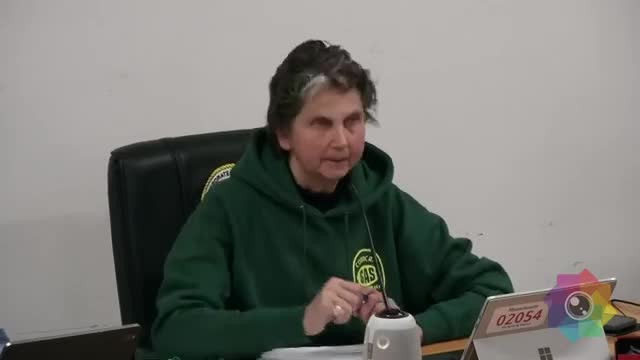Millis board urges residents to join Project 211 campaign for school funding formula changes
Get AI-powered insights, summaries, and transcripts
Subscribe
Summary
Select Board members discussed Project 2112121, a grassroots effort seeking changes to the state school funding formula and other education funding priorities, and encouraged residents to attend a Ways & Means hearing and submit personal letters.
Select Board members and staff discussed Project 211plus21, a coalition pressing the state to revisit its school funding formula, at the March 17 meeting and asked residents to help amplify the group's push ahead of a legislative hearing.
The board said Project 211 has worked for several years to highlight how the current state funding formula channels most new aid to a small number of low-income districts while many communities (including Millis) receive minimal increases. A Select Board speaker described an upcoming joint Ways and Means public hearing to be held at UMass Amherst next Monday at 11 a.m. and said the group hopes to show strong turnout.
Officials urged residents to submit personal letters and stories rather than form letters. "They want personal stories. How is it affecting you, your kid, if you're a teacher, your district," the Select Board Chair said. The board's website will host a sample letter, submission addresses and event logistics; staff said they will try to post the information the following day.
Board members and staff highlighted Project 211's three priorities discussed in the presentation: a one-time $100 million infusion to MSBA (Massachusetts School Building Authority) funding, $290,000 to commission a review of the funding formula that dates to 1999, and increases in SPED circuit-breaker coverage (discussed at the meeting in the context of moving state coverage from 75% to a proposed 90%). Officials said those items could change the expected local cost share for school projects and reduce pressure for future overrides.
The meeting also included a separate explanation of recent legal guidance about MBTA-related zoning work. Town staff summarized a state auditor review and Supreme Judicial Court determination confirming that certain new planning requirements can be treated as unfunded mandates when they impose significant work on municipalities; staff said Millis had used a grant to cover local planning costs and had its bylaw approved by the attorney general, but warned that other communities that contested the mandate may pursue funds from the state. Staff said the state auditor indicated the work should have been funded rather than run as a discretionary grant, but that the town should not necessarily expect additional dollars.
